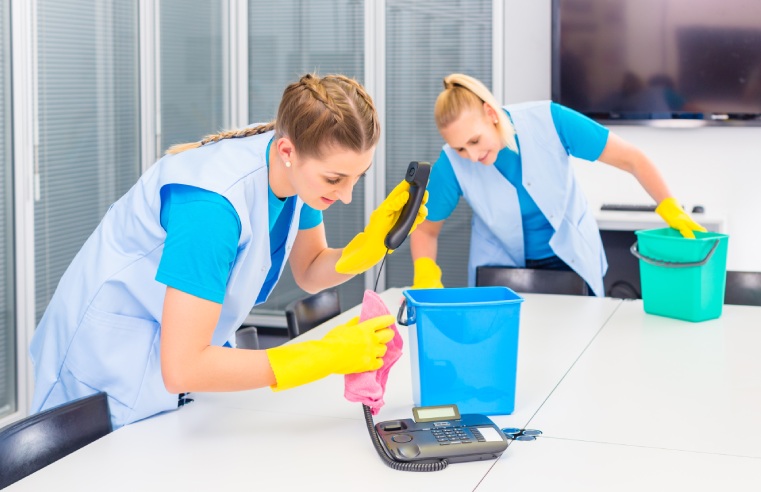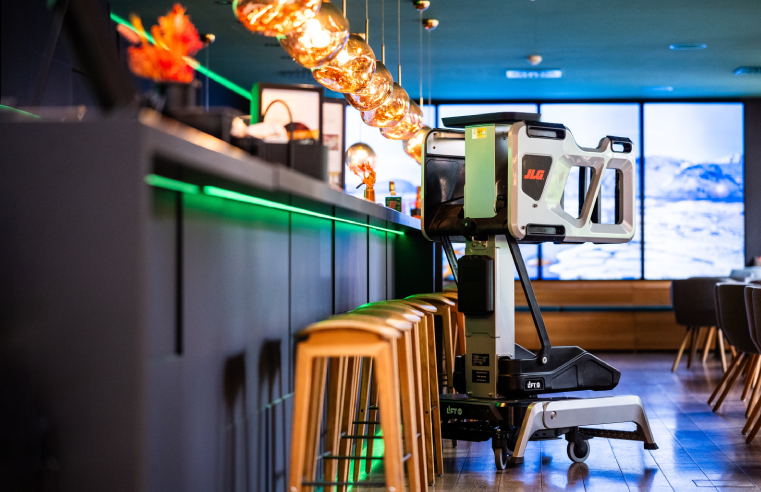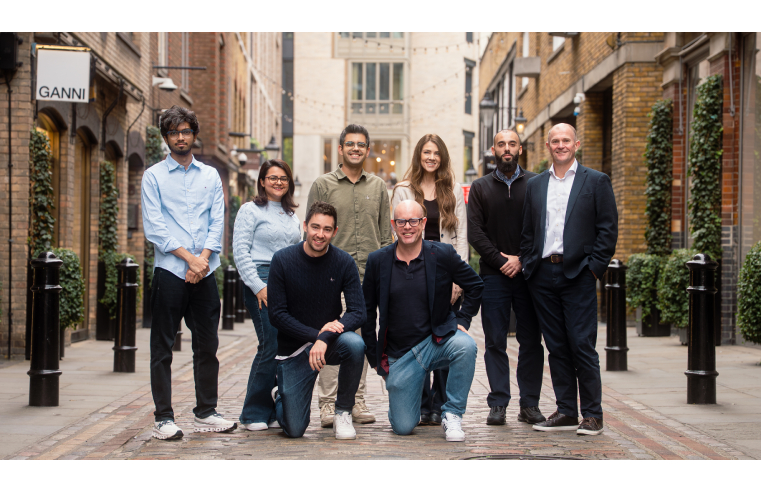By James Carver, Managing Director, OSC
Just as children went back to school at the start of September, so the mass return to work took place nearly two months after the restrictions on people’s mobility were formally lifted in July. Employees have largely returned to their offices, typically for a few days each week, but the spectre of Covid-19 hangs over the whole process, putting the spotlight on how best to protect employees against future outbreaks and keep offices open.
For staff, their own welfare and safety is, understandably, a very real concern. In a recent survey, 50% of workers said they anticipate a negative impact on their mental health on returning to the office, adding it could be alleviated by preventative Covid measures. The challenge for employers is to allay those concerns, so that they feel confident about the hygiene and safety that underpin returning to work.
Covid-19 is detectable for up to three days on surfaces, so cleaning and cleaning operatives play a critical role in slowing its spread. A rigorous office cleaning regime, carried out on a regular basis is important. Either before staff return to the office or, if offices are already open, when staff work from home, it’s an opportunity for a deep clean. It helps to protect staff not only from Covid-19, but also flu, which in the UK claims on average 30,000 lives a year.
Focus on vehicles of spread
The focus should be on vehicles of spread such as door handles, stair banisters and washrooms. Recent research by Kimberley Clark showed that 75% of taps located in break rooms had high levels of contamination, along with 48% of microwave door handles and 27% of keyboards. Cleaning regimes should evolve to focus on such touchpoints and areas of high footfall. The good news is that such cleaning measures are already in place at many organisations.
In pre-pandemic times, it was the norm to push cleaning regimes to the beginning and end of the day. But cleaning needs to be continuous to maintain high standards of hygiene – and reassure returning employees and customers. Research from the University of Arizona found that contamination levels peak at lunchtime.
In the post-pandemic environment, it makes sense to have a visible cleaning team working through the day – it’s a reassuring for staff and allows cleaning operatives to be reactive, focusing their efforts on areas of high footfall and vehicles of spread. It’s the intensive cleaning that can be done out of hours.
Investing in cleaning operatives
A responsible cleaning company will ensure its cleaning operatives have the skills and equipment to do their job properly, from the correct colour coding to PPE. A strong supply chain is also essential to ensure that they are properly equipped when demand is at peak.
But investment is more than having the most ergonomic mop on the market. Companies that care about raising industry standards value their cleaning staff for their work, knowledge and experience. They recognise and reward them accordingly to retain their expertise. They also understand that the relationship between a cleaning team and a customer is crucial to delivering a successful partnership.
Professionally trained cleaning operatives clean in a specific way – for example, systematically covering all areas of a room, from high points to low – using cleaning chemicals, disinfectants and technology with a kill rate of 99.9%. Expert cleaners follow risk assessments, safe systems of work and best practice to maintain a safe environment for your employees and customers.
Risk assessments and cleaning techniques based on science
Those risk assessments are based on science and experience, both of which evolve continuously. Interestingly, a year on from the outbreak of Covid-19, the Centers for Disease Control and Prevention in the US updated its guidance to advise against disinfecting surfaces regularly. It determined that the risk of contracting Covid-19 from surfaces is ‘low’ and concluded that cleaning is enough to reduce this risk. Its advice now is to use disinfectants only when there have been suspected cases of Covid.
Of course, not using disinfectant doesn’t mean doing no surface cleaning at all. The cleaning needs to continue, but the process can be more varied. For example, at OCS, we recognise that keeping our customers safe is paramount, so we advocate targeted and considered disinfection, such as rotational cleaning. By rotating the type of product used, it reduces the risk of harmful microorganisms becoming resistant to disinfectant.
There are two methods for controlling harmful microorganisms: cleaning and disinfecting. While cleaning physically removes germs, only disinfecting kills them. However, by simply disinfecting surfaces without following proper processes, only the weakest microbes will die, leaving the strongest to survive and multiply, making their population even stronger.
Disinfectants work in different ways: not all are effective at killing all micro-organisms. Some may be very effective against bacteria but not fungi; some may be effective against viruses but not endospores. So it goes. It’s clear that using different disinfectants will increase the kill spectrum.
The role of service experts
Cleaning techniques are critically important, but a responsible cleaning company will also provide service experts, who are best placed to advise on a cleaning specification and schedule to best suit a customer’s specific needs. Their role is also to help identify ways to make the cleaning operation more efficient and improve recycling rates.
Finally, it’s important that employees are informed about the cleaning regimes in place so that they understand the investment and can ideally buy in. Signage around the office, a video or other forms of communications can be used. And being able to see cleaners at work in the office sends a strong message too.
This will go a long way towards restoring confidence, easing stress and ensuring that offices stay open. Hopefully, the schools will do likewise.



































